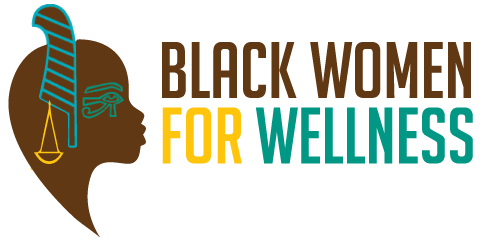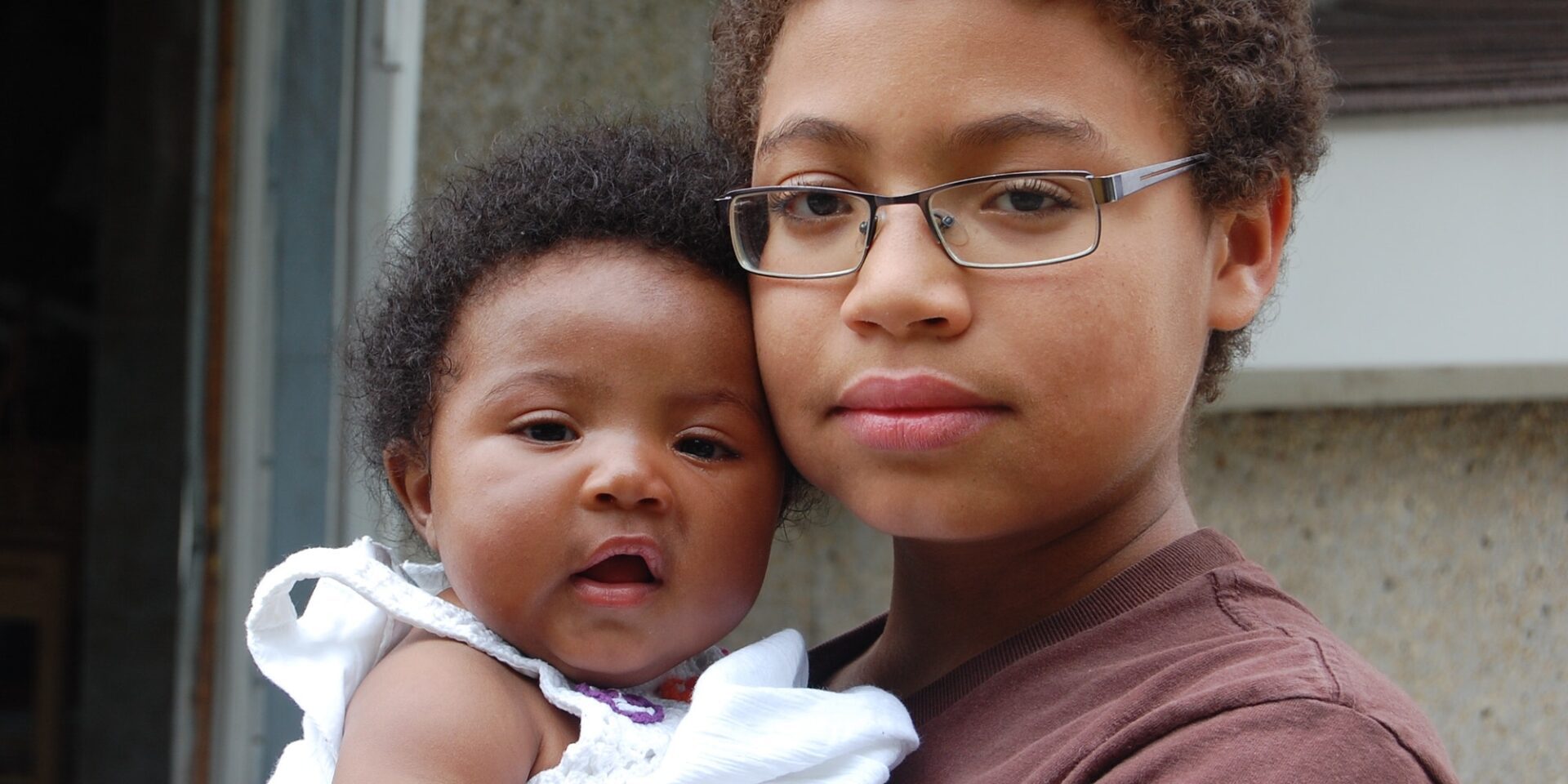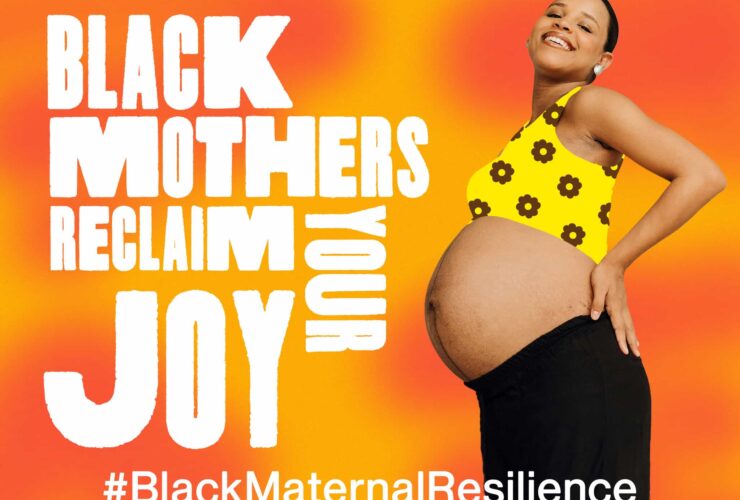By Scott Johnson
Oakland Tribune
Posted: 02/20/2011 12:00:00 AM PST
This is an excerpt from reporter Scott Johnson’s blog, which focuses on the impact of violence and trauma on the community. Go to www.oaklandeffect.com for updates on his reporting.
Feb. 17: Walter Hoye is an African-American anti-abortion activist and minister, who lives in Union City. Lately, he has been talking about what he calls “black genocide,” by which he apparently means the high level of abortions among African-American women in this country. He frequently cites this statistic: African-Americans make up 12 percent of the population, but receive 37 percent of this country’s abortions.
Across California, like-minded groups have been spearheading a move to raise billboards with the faces of black children and this statement: “Black Children Are an Endangered Species.”
This talk of an alleged “black genocide” prompted Linda Greenhouse of the New York Times to pen a fascinating account last week about the history of abortion within the African-American community. What Greenhouse and others took issue with most recently, however, were the remarks of New York state Sen. Ruben Diaz, who, responding to the news that 41 percent of pregnancies in New York last year ended in abortion went on to say, “They might think that we will take over, and they’ve got to stop us. What they did, they are killing black and Hispanic children.”
Greenhouse noted that while there may be a legitimate historical concern about abortion in the black community because of a vicious history of “population control” in America, it is wrong and misguided to link the current high rates of abortion to any kind of systematic policy. In other words, using the word “genocide” in this context is wrong and deeply irresponsible.
This is not what genocide looks like. I saw what it did look like in Rwanda where, in the space of about 100 days in the spring and summer of 1994, between 800,000 and 1 million people, most of them ethnic Tutsis, were hacked, shot, butchered and burned to death in one of the worst orchestrated mass killings — genocides — since the Holocaust.
The Rwandan government, led by the country’s other prominent ethnic group, the Hutus, organized the slaughter with foresight and skill, and with the distinct aim of wiping out the remnants of the Tutsi population altogether. They called this process “exterminating the cockroaches” and it was propagated on state-controlled radio stations by DJs on the government payroll. The military carried out the policy with maximum brutality and efficiency.
Rwanda, in 2008, was still a traumatized society. The remnants of the genocide were visible everywhere. Maimed men and women wandered the streets, people with a desperately vacant look in their eyes. At the genocide museum in the capital Kigali, the walls are adorned with testimonies from survivors, and pictures and short films of the horror that took place. The trauma was so complete that the new government subsequently made it illegal for people to even use the terms “Tutsi” or “Hutu” when referring to themselves. In the new dispensation, everyone is just Rwandan.
Yet the idea persists, in certain quarters, that somehow the violence in America, even the most violent places in Oakland, is comparable.
This kind of thinking is disingenuous, misguided and just plain wrong. It does a real disservice to the Rwandan victims of genocide. But it also skews, dangerously in my view, the perception among people in this country about what the problems are and how to solve them. The comments of Sen. Diaz are a case in point. But he’s just one man. The moment these views take hold among the general population we’re in trouble. By using this kind of language we inflate the rhetoric and strip legitimacy from the real victims here and abroad.
Contact Scott Johnson at 510-208-6429. Follow him at Twitter.com/scott_c_johnson and Twitter.com/oaklandeffect.




